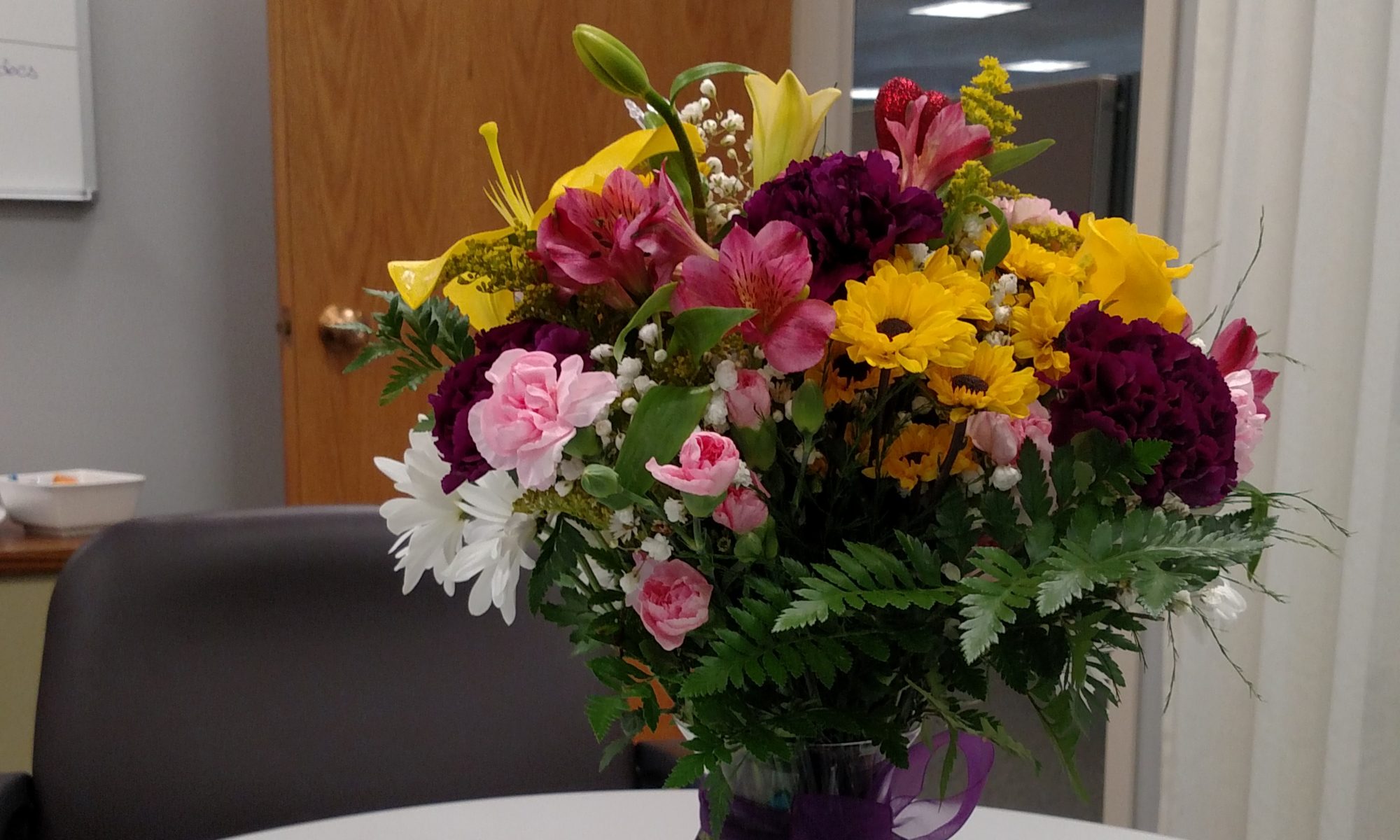
If there’s one thing I wish for you at Christmas, it’s compassion. Yeah, I know you wanted to master Ruby on Rails or get that full-stack gaming developer position outside Portland, but hey, anybody can have that. This compassion thing is way, way cooler.
Not buying it? I get it. Concrete skills are marketable, way fun, and useful. Compassion is the soft stuff, the fluff. It doesn’t pay the bills and it doesn’t get you true creds.
Still, if there’s one thing I wish for you at Hanukkah, Kwanza, or Winter Solstice, it’s compassion. If there’s room for one more gift, I wish you generosity – generosity of spirit, of wallet, of time.
With those two skills, compassion and generosity, your life will never lack meaning or joy. I’m pretty sure you can’t say that about any coding language or new technology.
And yes, I do mean skills, because as any monk will tell you, both of these grow with practice.
I would love to help you experience the power of creating these in your life. You can sign up for free 25-minute session here… Free Session. No strings, no hard sell. At the end, I’ll ask you if you’re interested in signing up with me. You say yes or no. That’s it. No sweat.
Compassion is our innate ability to recognize suffering in others and the desire to help. Generosity is freely and frequently giving to others. To learn more about how compassion increases physical well being, check out this article. Basically, generosity gives us greater pleasure in life, compassion gives us less inflammation and longevity. Cool beans.
That urge to quell suffering isn’t for the faint of heart. It’s not the soft stuff. No way. Compassion requires nerves of steel. That strength can yield big results at work.
In Fearless at Work, Micheal Carroll talks about viewing other people’s aggression as something separate from the individual. Rather than reacting to insults and threats, we can look through those behaviors and see the intent behind the behavior. Carroll isn’t advising this so that we can stay on the good side of a bully. He recommends taking the compassionate view so you can skillfully decide whether to “lend a hand, get out of the way, or end the confusion altogether.”
At work, this looks like keeping our cool when others are upset. It’s understanding and having sympathy for, the underlying situations and motivations that cause other people to lash out, to reply quickly and thoughtlessly, or to miscommunicate. Compassion is also holding people accountable, fairly, and thoughtfully, not allowing them to continue down a fruitless path. Compassion is the motivator for stepping back and shutting up when you have nothing to add. It’s the reason we step forward and speak up for the right things even when we’re scared. We do these difficult and sometimes frightening things because we see the suffering not doing so causes and we want to help.
That takes some serious mojo. Compassion is the only house big enough for that.
Compassion doesn’t just make us better work partners. It reduces our stress. Every minute we spend thinking about those around us, trying to lend a hand, is one less minute we focus on our own trials and tribulations. There is a world of suffering, an endless opportunity to help others and forget our own worries. Generosity of time shows us that we aren’t overwhelmed after all. Generosity of wallet proves that what we have is enough. Generosity of spirit gives others credit, support, and encouragement and in turn, we feel uplifted.
It’s almost impossible to help someone at your own expense. Every attempt just winds up back at your own feet, paying dividends that outstrip what you gave—everything you give boomerangs back.
In the biggest payback of all time, the more you practice compassion for others, the easier it is to have compassion for yourself. If you want more on that subject, click through and check out my blog – Mastering the Art of Self Compassion.
I hope you look back at this year and find achievements. I hope if you lost loved ones, your memories bring you more sweet nostalgia than tears. If you lost your job, or your business, I wish you a long list of strengths and skills, and the resilience to keep trying, to never give up. I wish you support and a hand up. I wish you friends, family, wildlife, and pets.
More than any of that, I wish you compassion.
And that? Is just the best I have to offer.
Namaste.












